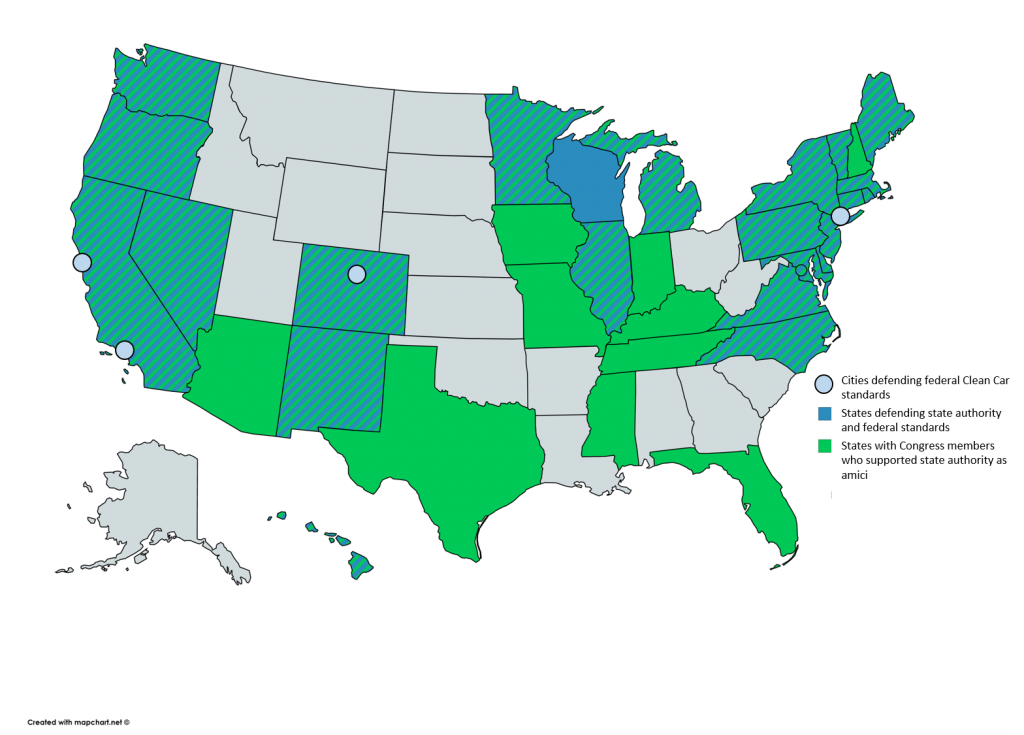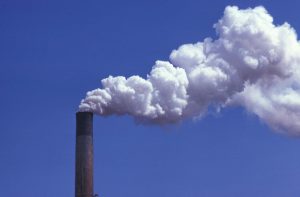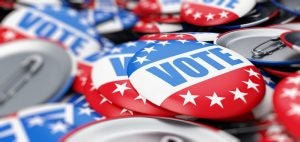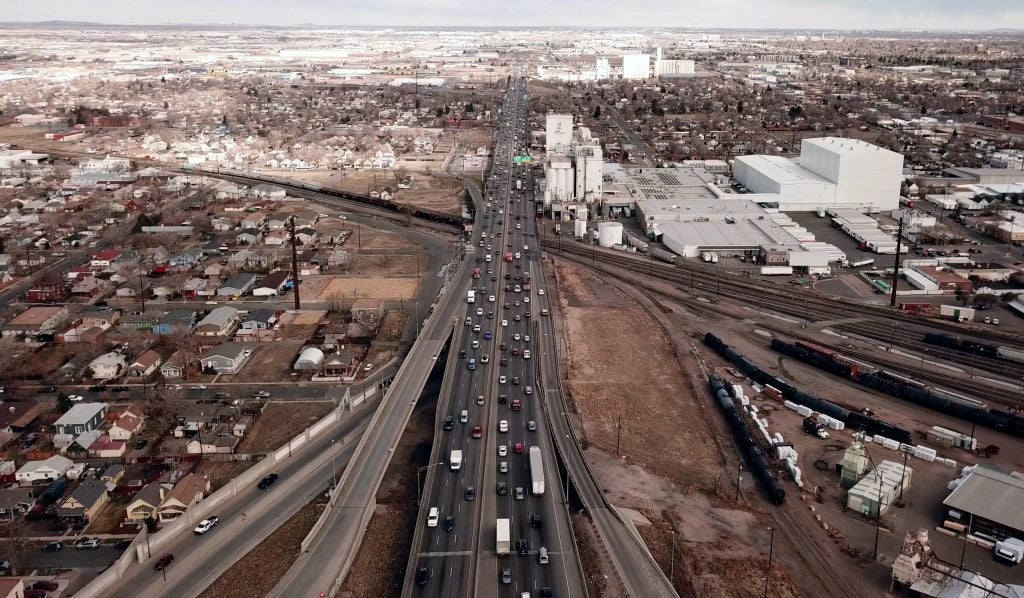(Correction: This blog previously referred to a Blue Green Alliance estimate that the Clean Cars rollback would cost 200,000 jobs. That estimate was for the proposed rollback. We have now included the Trump administration’s own analysis of the final rollback, which found it would cost as many as 140,000 job-years.)
The legal battle over America’s Clean Car Standards is now in full swing.
EDF and a broad coalition that includes 23 states from all regions of the country recently filed court documents defending both state and national clean car standards against attacks from the Trump administration.

23 states from across the country have joined the coalition defending our nation’s Clean Car Standards.
The Trump administration recently finalized a rule that would roll back our national Clean Car Standards. This rollback would cause more than 18,000 premature deaths, cost Americans $244 billion at the gas pump, and produce as much climate pollution as running 68 coal plants for five years. The administration has also launched an unprecedented attack on states’ long-standing authority to protect people from vehicle pollution.
EDF and a group of public health and environmental groups, state and local governments, and businesses from across the economy have filed petitions challenging the rollback in court. And we recently filed a brief in a separate lawsuit arguing against the administration’s attack on state authority to limit vehicle emissions.
The broad coalition litigating to defend clean car standards includes:
- 23 States and several cities that comprise a majority of America’s population and represent every region, from Michigan to North Carolina, Colorado, and California (seen in the map above)
- Three Air Quality Management Districts responsible for maintaining safe, healthy air in their regions
- 12 Public Health, Consumer, and Environmental Organizations including EDF, Center for Biological Diversity, Chesapeake Bay Foundation, Communities for a Better Environment, Conservation Law Foundation, Consumer Federation of America, Environment America, Environmental Law and Policy Center, Natural Resources Defense Council, Public Citizen, Sierra Club, and Union of Concerned Scientists
- Dozens of Major Businesses from across the economy, including Advanced Energy Economy (whose more than 70 members include Microsoft, Google, Apple, Facebook, Lyft, Cummins, Bloomberg Energy, Comcast, Trane, and Apex Clean Energy), National Coalition for Advanced Transportation (whose 17 participating members include Tesla, Rivian, Chargepoint, and Plug In America), and 20 major power companies
In litigation over the attack on state clean car standards, our coalition has been joined by a dozen amici curiae, who have filed briefs as “friends of the court” in support of state authority. These amici include:
- 147 Members of Congress from 32 states and the District of Columbia
- Five Former Department of Transportation Secretaries and Four Former EPA Administrators from both Democratic and Republican administrations, as well as former EPA officials Michael Walsh and Margo Oge and Clean Air Act architect Thomas Jorling
- Leading Researchers and Professors including University of Michigan law professor Leah Litman, New York University School of Law’s Institute for Policy Integrity, and seven climate science professors at California universities
- Five Major Medical and Public Health Organizations including the American Thoracic Society, American Lung Association, American Medical Association, American Public Health Association, and California Medical Association
- Four State and Local Government Organizations including the National League of Cities, U.S. Conference of Mayors, and International Municipal Lawyers’ Association, as well as the National Association of Clean Air Agencies
- Two National Parks Organizations including the National Parks Conservation Association and Coalition to Protect America’s National Parks
- Edison Electric Institute, the trade association representing all U.S. investor-owned power companies
- Lyft, which has recently committed to providing 100% of its rides using electric vehicles by 2030
Additionally, six major automakers – Ford, Honda, Volkswagen, BMW, Rolls Royce, and Volvo – have independently entered into voluntary frameworks with California for continued nationwide pollution reductions from their vehicles, in recognition of California’s authority under the Clean Air Act and the continuing need for state leadership.
Protecting well-established state authority
Last September, the Trump administration purported to withdraw California’s authority to set vehicle pollution standards at a more protective level than the federal government, as well as other states’ authority to adopt these California standards. The Clean Air Act has always recognized California’s authority, which is based on the state’s historic leadership in setting vehicle standards and the need to address its serious pollution problems.
California has used this authority to set pathbreaking standards like its Zero Emission Vehicle standards, which 11 other states have adopted. Most recently, Nevada has joined New Mexico and Minnesota in announcing its plans to adopt these standards. This is just one recent example of states and businesses leading the way to lower transportation emissions. Others include California’s ongoing work to develop Advanced Clean Car 2.0 standards, its recently-finalized Advanced Clean Trucks standards (which will lead to electrification of all new medium- and heavy-duty trucks in the state by 2045), a clean trucks agreement by 15 states representing 35% of the national truck fleet (which aims to electrify 30% of new trucks in these states by 2030 and all of the states’ new trucks by 2050), and Lyft’s announcement that, in partnership with EDF, it will reach 100% electric vehicles by 2030. Defending California’s authority will be key in maintaining this momentum.
EDF and our allies have brought a legal challenge to the Trump administration’s attack on state authority. We recently filed briefs arguing that the administration’s reckless departure from longstanding precedent is arbitrary, capricious, and contrary to applicable law. The dozen amicus briefs added further breadth and depth to our coalition’s legal support for state authority.
Defending the Clean Car Standards from a rollback that harms public health, the economy, and the environment
On April 30, the Trump administration finalized a rollback that would eviscerate the national Clean Car Standards, cutting the required annual reduction in fleetwide climate pollution from about 5% to just 1.5%. Analysis by EDF shows that the rollback will result in an additional 1.5 billion tons of climate pollution, cause more than 18,000 premature deaths, and cost Americans $244 billion at the gas pump. The Trump administration’s own analysis shows that the rollback will cut as many as 140,000 job-years from the automotive sector (see page 24,988 of the Final Rule). That’s the amount of work that would employ 140,000 people full-time for one year.
Michigan Attorney General Dana Nessel told the New York Times that the rollback will be especially harmful to auto industry jobs in her state, so it’s no surprise that many automakers disagree with the administration’s approach. Ford, Honda, Volkswagen, BMW, and Rolls Royce have declined to defend the rollback in court and reaffirmed their voluntary frameworks with California. And electric vehicle manufacturers Tesla and Rivian are among the businesses challenging the rollback.
The rollback is based on massive technical and economic errors and fails to meet core statutory requirements to reduce pollution and maximize fuel economy. In fact, by the Trump administration’s own analysis, the rollback will result in net harm to Americans.
Protective clean car standards deliver critical climate, health, and consumer benefits, and EDF – along with our many partners and allies – will continue working to defend them.
You can find all the legal briefs in the cases on our website.
 Today, the Trump administration finalized a rushed and inadequate review of our national particle pollution standard – otherwise known as PM 2.5, or soot. They ignored public input and the latest body of health science, and decided to keep a weak standard in place.
Today, the Trump administration finalized a rushed and inadequate review of our national particle pollution standard – otherwise known as PM 2.5, or soot. They ignored public input and the latest body of health science, and decided to keep a weak standard in place.

